Antebellum Period The Antebellum Period is a five-decade period in American history that spans the years after the War of 1812 but before the Civil War in 1861. This period saw the end of the Founding Fathers and their generation when questions of slavery and states rights remained unresolved in…
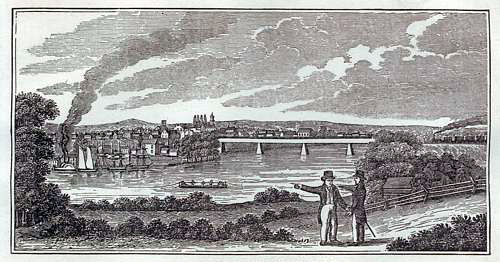
The Antebellum Period is a five-decade period in American history that spans the years after the War of 1812 but before the Civil War in 1861. This period saw the end of the Founding Fathers and their generation when questions of slavery and states rights remained unresolved in the grand…
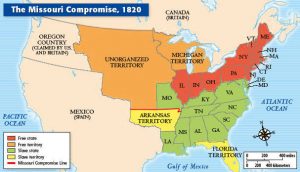
The Missouri Compromise of 1820 was the legislation that provided for the admission of Maine to the United States as a free state along with Missouri as a slave state, thus maintaining the balance of power between North and South in the United States Senate. The Missouri Compromise of 1820…
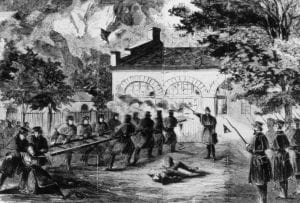
John Brown's raid on Harpers Ferry was an 1859 effort by abolitionist John Brown to initiate an armed slave revolt in Southern states by taking over a United States arsenal at Harpers Ferry, Virginia. John Brown's Raid on Harpers Ferry It is difficult to exaggerate the significance of John Brown’s…
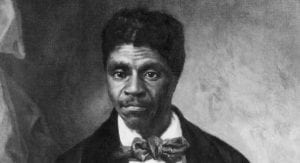
The Dred Scott Supreme Court case decision, formally Dred Scott v. John F.A. Sandford, was a legal case in which the U.S. Supreme Court on March 6, 1857, ruled (7–2) that a slave (Dred Scott) who had resided in a free state and territory (where slavery was prohibited) was not…

Dred Scott v. Sandford, 60 U.S. (19 How.) 393 (1857), was a landmark decision of the U.S. Supreme Court in which the Court held that the Constitution of the United States was not meant to include American citizenship for black people, regardless of whether they were enslaved or free, and…
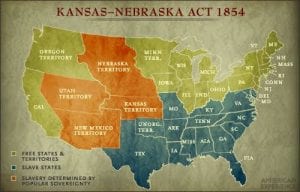
The Kansas-Nebraska Act of 1854 (10 Stat. 277) was an organic act that created the territories of Kansas and Nebraska. The Kansas-Nebraska Act The controversy over the Kansas Nebraska Act proved too much for the ramshackle Whig Party, which was torn apart by sectional antagonism. Filling the political vacuum left…
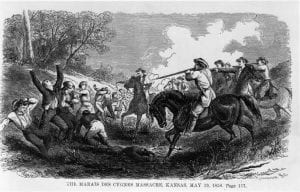
Bleeding Kansas was a series of violent civil confrontations in the United States between 1854 and 1861 which emerged from a political and ideological debate over the legality of slavery in the proposed state of Kansas. 'Bleeding Kansas' It was fairly clear that slavery would not take root in Nebraska,…
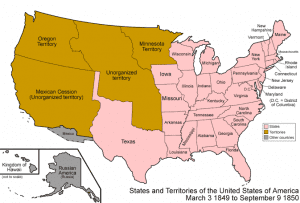
What happened in the compromise of 1850? The Compromise of 1850 was a series of acts that dealt with issues related to slavery and territorial expansion prior to the Civil War in one of the final attempst to prevent a war between the Northern and Southern states. The issue of…
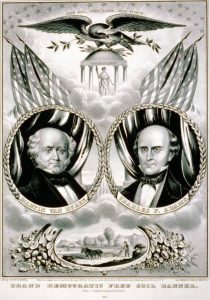
The Free Soil Movement (1848–54) was a minor but influential political party in the pre-Civil War period of American history that opposed the extension of slavery into the western territories. Free Soil Movement Whig candidate Zachary Taylor, for example, took no public position on the Wilmot Proviso. As a result,…














